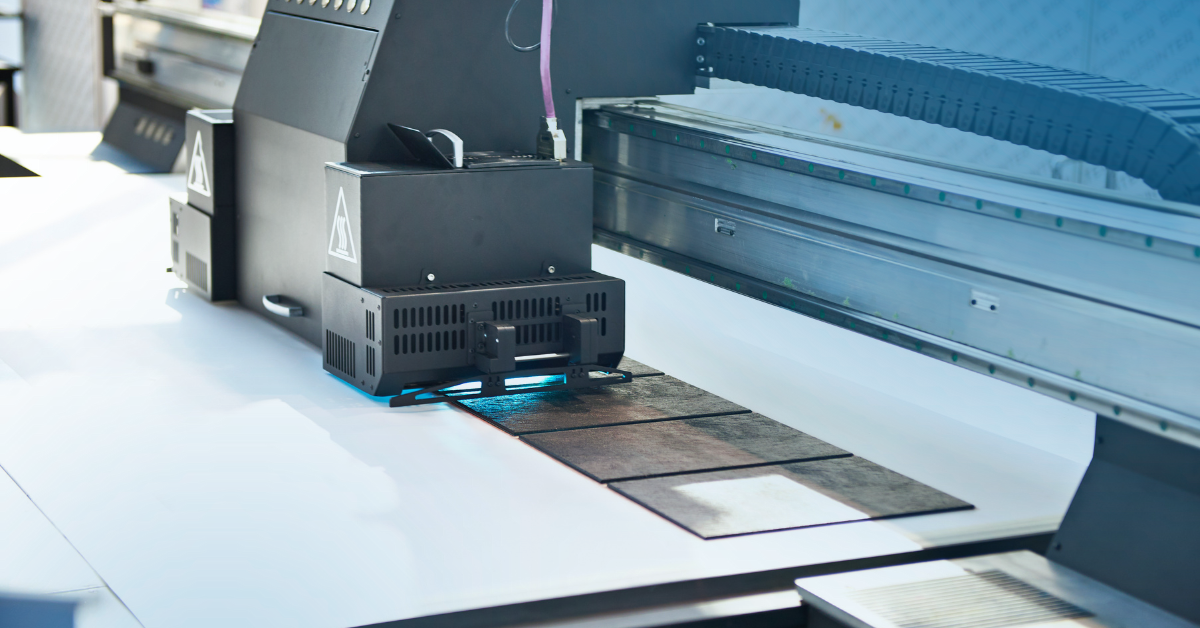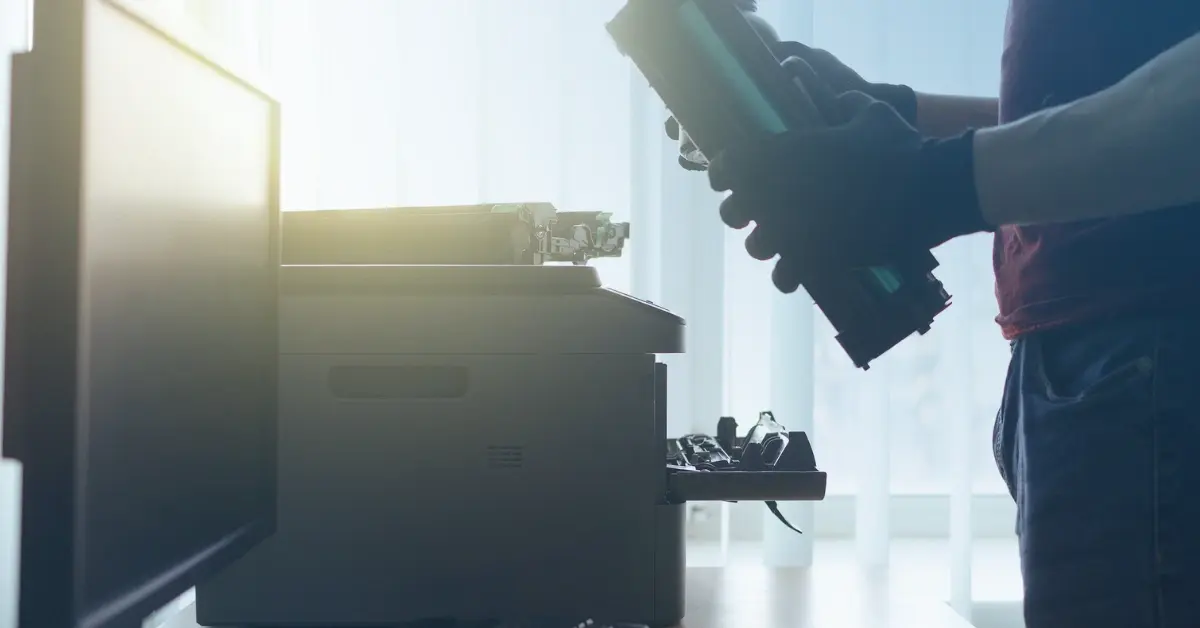Traditional Bank Vs. FinTech: How Banks Can Bridge the Gap

As the financial services industry evolves, banks are increasingly embracing fintech applications to meet the demands of a digital-first world. With mobile banking, payment apps, and automated solutions transforming customer interactions, many traditional banks are closing physical branches to reduce costs and cater to tech-savvy customers. While this digital shift improves efficiency, it can also leave certain customers behind, particularly in communities that rely on, or still need in some cases, face-to-face banking.
What is FinTech?
FinTech, short for financial technology, refers to the use of advanced digital tools and software to deliver financial services in a more efficient, accessible, and user-friendly manner. It encompasses a wide range of innovations, including mobile banking apps, online payment platforms, robo-advisors, and blockchain technology. The goal of fintech is to streamline traditional financial processes, offering customers quicker, more convenient ways to manage their money, make transactions, and invest, all from the convenience of their digital devices.

Traditional Bank Vs Fintech
Fntech innovations have disrupted the banking landscape, creating a fight between a traditional bank vs fintech applications. From online banking platforms to digital wallets and peer-to-peer payment apps, fintech solutions have made it easier than ever to access financial services anytime, anywhere. As a result, the need for physical bank branches is declining. In fact, it is predicted that physical bank branches could be completely extinct by 2041.
Despite the convenience, this shift often creates banking deserts—regions where customers lose access to in-person banking services. This change has a profound effect, particularly on older customers or those in underserved communities who may prefer or need personal banking services.
Some banking needs may sound like they're few & far between, but if you think about it, there are more instances where people have to go inside a bank branch to get what they need than you'd think.
For instance, customers need to go or interact with the the bank for:
- New bank cards
- Printed checks (cashier's
- Bank statements
- Scanning
Not only are these services not offered with FinTech applications, the amount of growing functionality within FinTech applications such as AI are making people rethink relying on them fully. A recent survey conducted by Prosper Insights & Analytics revealed that 86.4 percent of respondents prefer interacting with a live person at a bank, while just 13.6 percent favored communicating through an AI chat program.
The Rise of Banking Deserts
With the rise in branch closures, a new challenge has emerged: banking deserts. These are areas where physical access to a bank is limited or nonexistent, leaving customers with fewer options for managing their money in person.
While digital banking is a great solution for those with access to technology, not everyone has the means or knowledge to navigate online systems easily. Additionally, complex financial matters, such as mortgages or business loans, often require personalized support that fintech apps alone cannot provide.
This is where the industry needs a solution to bridge the gap between a traditional bank vs fintech.
Bridging the Gap with TellerCentral
TROY TellerCentral provides banks with the ideal solution to bridge the gap in the bank vs fintech struggle. Designed to offer personalized banking services in any location, TellerCentral enables financial institutions to provide secure, in-person services without the need for a full-fledged brick-and-mortar branch.
TellerCentral ensures that all customers, regardless of their digital proficiency or geographical location, have access to essential financial services. This solution is particularly beneficial for banks looking to support customers in banking deserts, offering the ability to perform critical transactions.
Features of TellerCentral:
Like a standard ATM, TellerCentral offers full cash dispensing, and check/cash depositing services, but goes beyond just that. TellerCentral allows customers to print and access:
- Bank cards
- Cashier's Checks
- Personal Checks
- Deposit Slips
- Bank Statements
- and more
With wet signature capture, A4 scanning, along with TROY's MICR Toner Secure for check printing and API with our secure document and payment software, TellerCentral is one of the most secure self-service machines in the world.
Enhancing Customer Service in a Digital Age
For banks striving to strike the right balance between digital efficiency and customer service, TellerCentral is the perfect bridge. As a fintech-enabled solution, it allows financial institutions to extend their reach, ensuring that they can provide services to communities that may be impacted by branch closures. It also supports banks in maintaining strong customer relationships by offering personalized, secure transactions in person.
TellerCentral’s ability to integrate with fintech applications makes it a versatile tool for banks. Whether it’s processing payments, managing accounts, or offering assistance with complex financial products, TellerCentral delivers secure, compliant solutions that enhance customer trust and convenience.
TellerCentral is not just a solution for today’s banking challenges—it’s the future of how financial institutions will serve their customers in a rapidly changing landscape.
To speak with an expert about TellerCentral, fill out our form and a TROY representative will reach out.
Related Posts

What is UV Printing? UV Curable Inks for Packaging
Ultraviolet, or UV printing is an advanced digital technology that cures specially designed inks using UV light. This process creates sleek, vibrant designs that dry instantly,..

Here's How to Beat Upcoming Postage Rate Increases
In 2024, a notable increase in postage costs became a reality. With postage increases expected to occur multiple times a year, it's important to be prepared for what's coming.

What is MICR Toner? A Guide for Check Printing
What is MICR? MICR stands for Magentic Ink Character Recognition, and it plays a critical role in check printing. If you're printing checks for your business, you should always be..



Leave a Reply